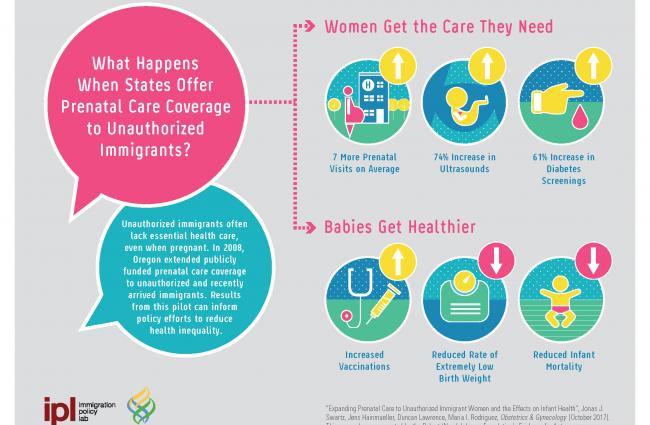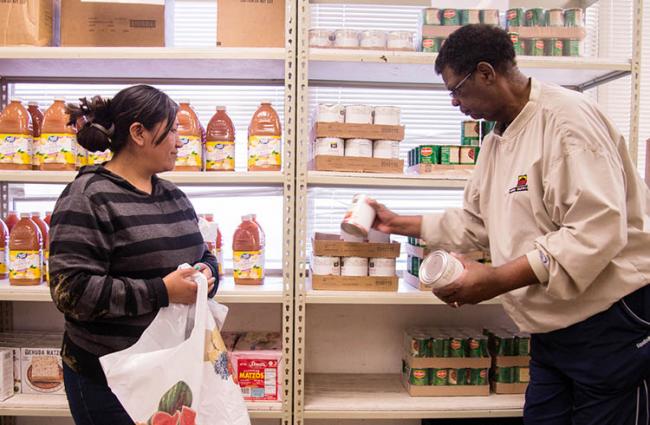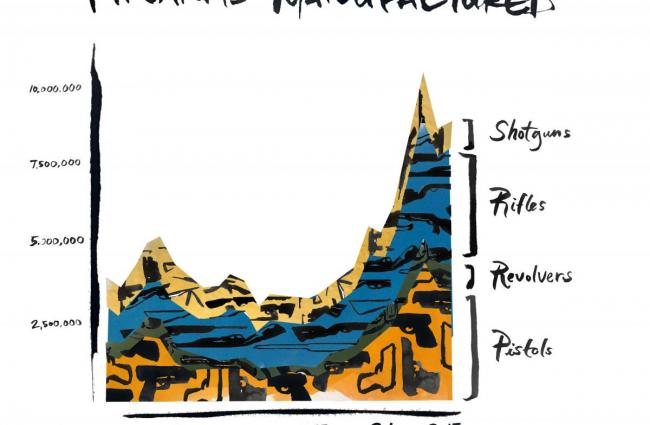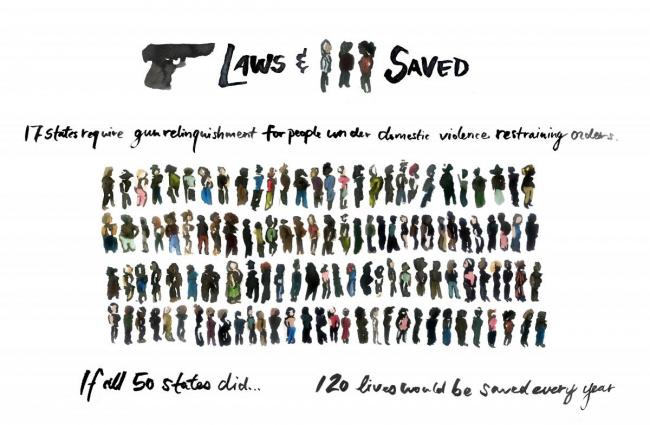
A partnership between the Department of Motor Vehicles, the County Treasurer's Office, and the University of Nebraska Medical Center led to increased cancer screenings, as well as follow up procedures when indicated.

A partnership between the Department of Motor Vehicles, the County Treasurer's Office, and the University of Nebraska Medical Center led to increased cancer screenings, as well as follow up procedures when indicated.


This report provides a rapid analysis of findings from an ongoing process evaluation of the Holistic Empathetic Assistance Response Team (HEART) program, focusing on feedback for the HEART program from the perspective of community members who have interacted with HEART (“neighbors”).

The SHINE Team shares project progress with regard to the Holistic Empathetic Response Teams (HEART) program being implemented in Durham, North Carolina. They also share information about what is working well and challenges and opportunities.

An introduction to the San Francisco Pregnancy Family Village: what the village is, who it serves, how they do their work, their impact, and the timeline of roll out.

Detailing the benefits of people paying utilities or traffic violation collection through segmented pricing, or payment pricing based on the customer's ability to pay, for improved equity

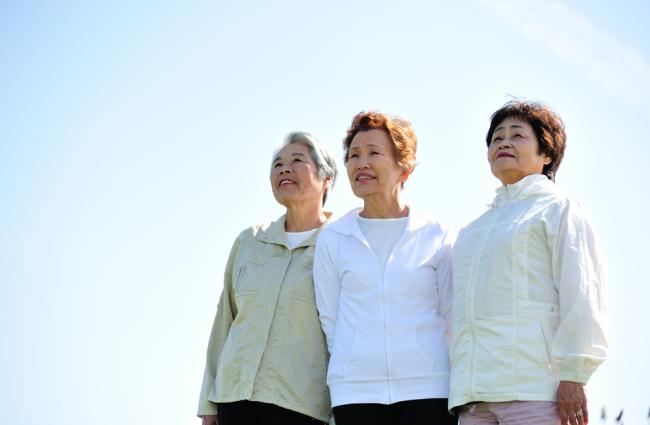
The University of Southern California (USC) Center for Economic and Social Research and HelpAge USA conducted research on the implementation of a successful financial literacy program across Asia called the Citi-Tsao Foundation Financial Education Programme for Mature Women and the need and oppor



Family Resource Centers are community-based hubs that share the philosophy that strengthening families through a strengths-based, culturally relevant, family-centered approach is a key mechanism to foster healthy communities.

Prenatal substance use laws are aimed at reducing the use of illicit substances during pregnancy. Supportive laws increase access to substance use treatment during pregnancy, either through additional funding or priority access for pregnant people.

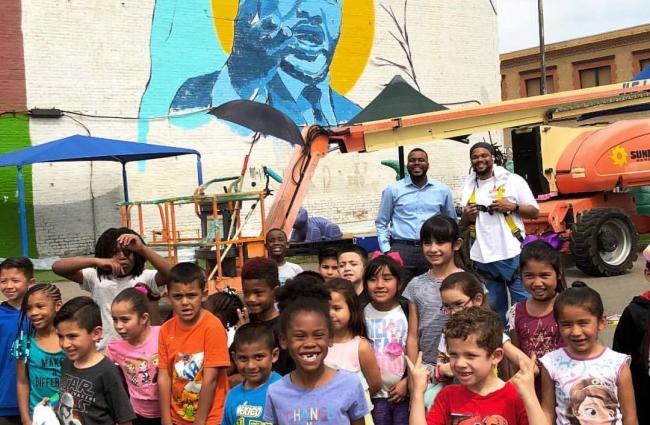
The dashboard provides background information on SEED, as well as initial findings and information on how participants are using the funds they receive as part of the guaranteed income pilot.


Housing First, a supportive housing program, increased office-based care for psychiatric diagnoses, decreased emergency department visits, and increased access to prescription medication.




The Massachusetts Food is Medicine State Plan results from research efforts and findings and "brings together hundreds of individuals and organizations from across Massachusetts and beyond, all united by a belief that Food is Medicine."

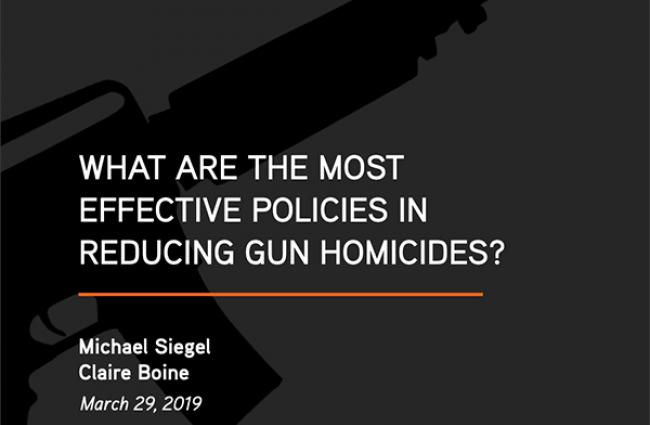

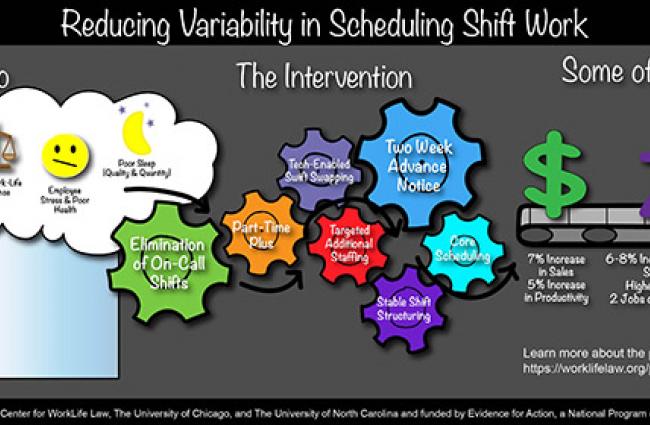


In a study evaluating matched Individual Development Account (IDA) initiatives no significant, long-term effects in their mental or physical health, as compared to controls, potentially because the matching amount was relatively small. Further evaluation is needed.




With workplace wellness programs, there are diminishing returns as incentives increase past a certain point and employer's do not see a savings on health care costs.

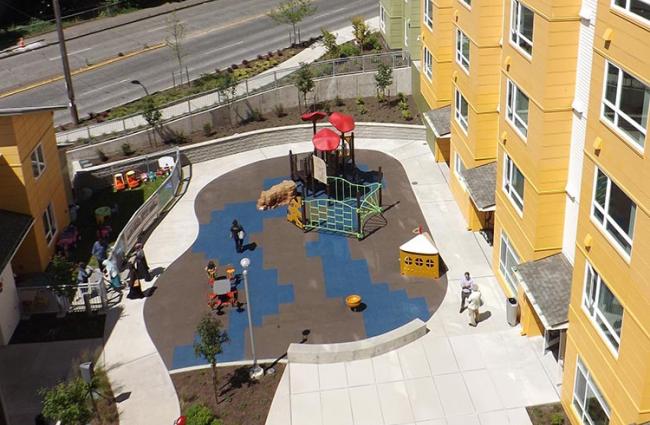
Where we live and the quality of our housing and neighborhood determines many things, including access to healthy food, quality of education, and overall health and well-being.


